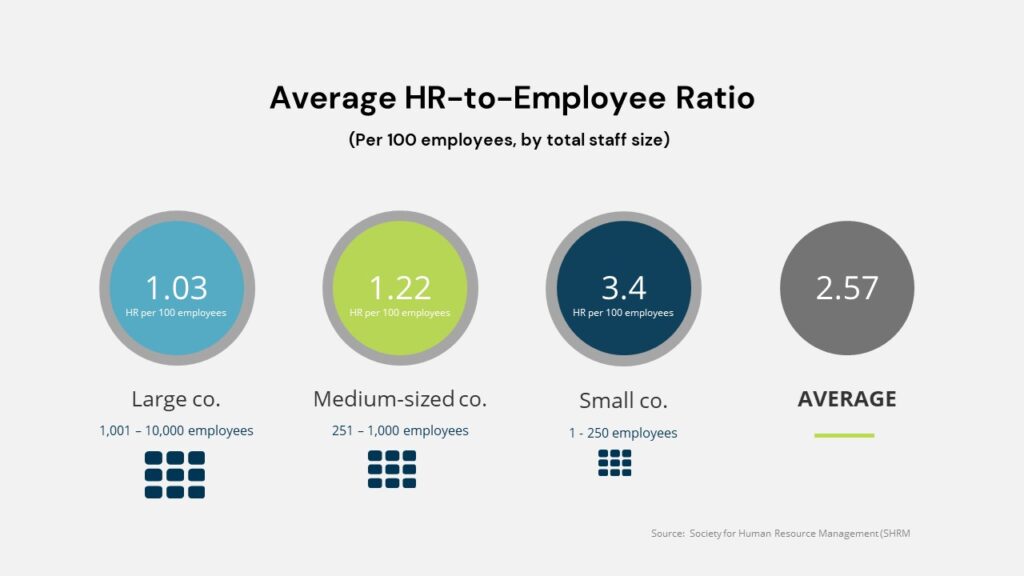[6-minute read]
Every large corporate starts off as a small business. The exceptions are entrepreneurs who manage to get a colossal investment – not all of us are that fortunate. We chatted to entrepreneurs who started building their empires from the bottom up. We wanted to know about the most important consideration to make when transitioning from a small business into a larger corporation. 8 out of the 10 entrepreneurs we chatted to, agreed that it comes down to the people you hire, and more importantly, the person you hire to hire other people. “Really?” you ask. Yes – really. Allow us to elaborate.
Berkshire Hathaway CEO and Warren Buffett’s longtime business partner, Charlie Munger, once quipped: “All I want to know is where I’m going to die, so I never go there.”
The same goes for hiring people in your business. As your small business grows, having the wrong people on board can be the deciding factor between success and failure.
When starting a business, most of your attention is probably focused on product development, sales and marketing, and finance. There’s no shortage of potential mistakes you can avoid if you play it smart. Recruiting, however, is often left further down the list. But at some point, it becomes a chicken-and-egg situation — you need the right talent on board to grow, but without the right people, the business does not grow. As the quote by Red Adair goes: “If you think it’s expensive to hire a professional to do the job, wait until you hire an amateur.”
Hiring the first few employees on your own probably wasn’t an issue. Quite likely, these hires were jack-of-all-trades types. But as your business starts to scale, increasing headcount and bringing on board more specialised talents is inevitable. That’s when HR matters start to take up a lot more of your precious attention. Understandably, from a small business owner’s perspective, having a dedicated HR person may seem like an unnecessary expense, one that’s more suitable for large corporations.
In reality, the HR function carries a lot more weight and should not be underestimated as the business scales and the team size grows. Hiring a dedicated HR coordinator makes plenty of sense considering all the people issues that have to be dealt with on a daily basis. Here’s what their function entails:
1. Managing the hiring and onboarding process
As headcount grows, the logistics of sourcing jobs, editing job descriptions, facilitating interviews, and getting new employees to settle in becomes an all-consuming activity.
2. Employee retention
Attrition is quite normal, but retaining an employee is significantly cheaper than hiring a replacement. There’s a lot to do to attract and retain talents, including building the company’s brand and promoting specific job openings; narrowing down the list of suitable candidates from a sea of potentials; and adjusting compensation, benefits and work-life balance policies to optimise retention.
3. Training and development
Whether it is for regulatory requirements or whether there is a need to upskill existing talents, HR should facilitate such training. This takes the pressure off the hands of business owners, who may not necessarily have the acumen to assess employee capabilities and design suitable training programmes.
4. Corporate culture development
Setting the company’s vision, mission, and values is extremely important to ensure everyone is moving in the right direction. Often, however, the management team is too occupied with other things. HR plays an important role in coordinating with management and communicating the corporate culture to all employees.
5. Performance evaluation and compensation structure
Putting in place a system for tracking KPIs/OKRs and organising performance and compensation reviews.
6. Regulations and compliance
The complexities of labour laws mean that your company needs to stay informed on basic hiring & firing rules to prevent negative legal repercussions.
Key People Indicator
How many HR professionals do you need to manage a certain number of people? Somewhat counter-intuitively, the HR-to-employee ratio is higher in small companies. That’s because bigger companies have economies of scale in their favour.
This study reveals that the general average is 2.57 HR professionals per 100 employees. There’s no one-size-fits-all solution, as it depends on how big the company is.

Nothing stops you from leveraging your entire team to help out with some HR functions. At Truevo for example, everyone is a recruiter. Employees who refer successful candidates to fill new positions are awarded with cash sign-up bonuses.
There’s little doubt that at some point of your company’s growth you’ll need an HR professional. If your budget only allows to hire one person, then your best bet is to go for a multi-purpose HR coordinator with experience in marketing and sales — critical for recruiting talent in a competitive industry — and solid interpersonal communication skills, which will be much needed internally for talent management and development.
Although it’s an upfront investment, hiring an HR professional and using tools like Lattice and Bamboo HR, can actually save a business owner plenty of time, resources, and headaches.
Was this video helpful? Share your thoughts and tag us on Instagram, Twitter, Facebook and LinkedIn.
P.S. Want a payments solution that does what it says it will do? Get Truevo. We can’t wait to connect with you.



